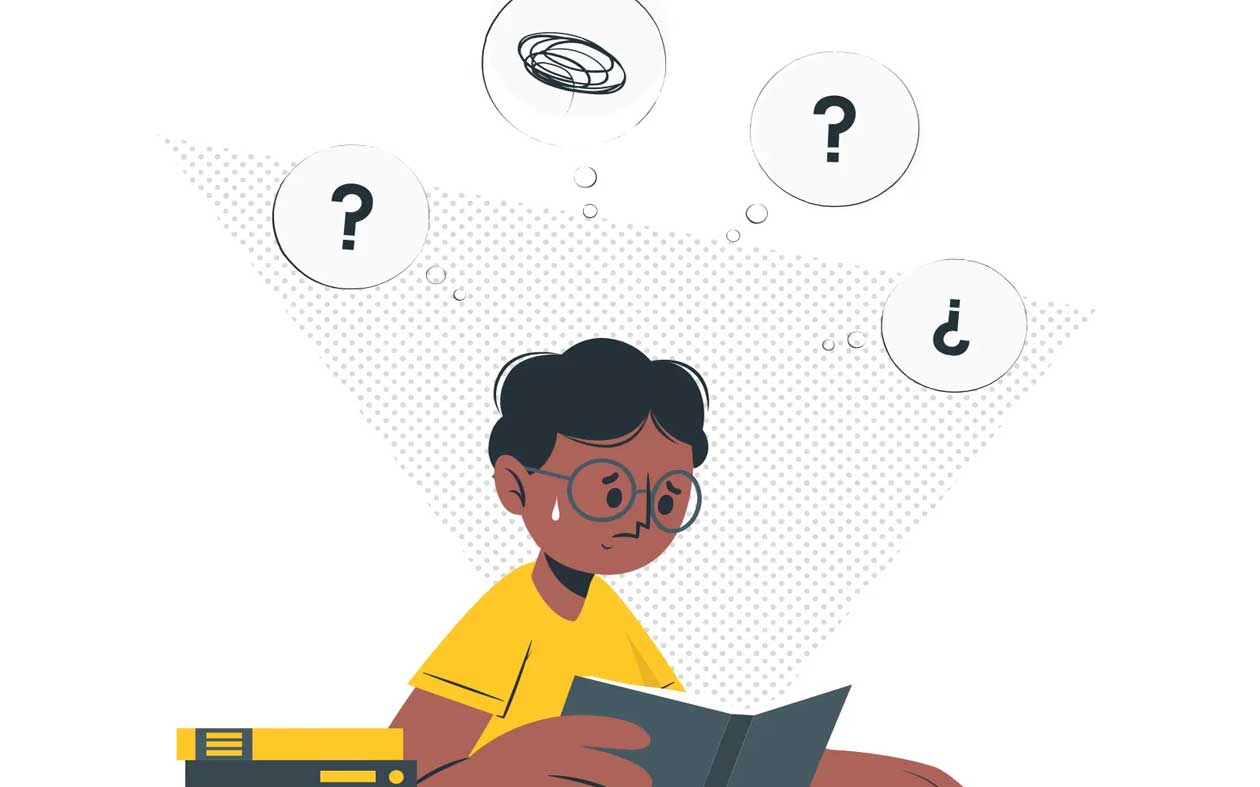
Learning Disorder
A learning disorder, also known as a learning disability, is a neurological condition that affects an individual's ability to acquire, process, store, and produce information. These disorders can interfere with a person's ability to read, write, spell, calculate, or perform other academic tasks, despite having average to above-average intelligence. Learning disorders are not indicative of a lack of intelligence but rather a difference in the way the brain processes information.
Book Your Session